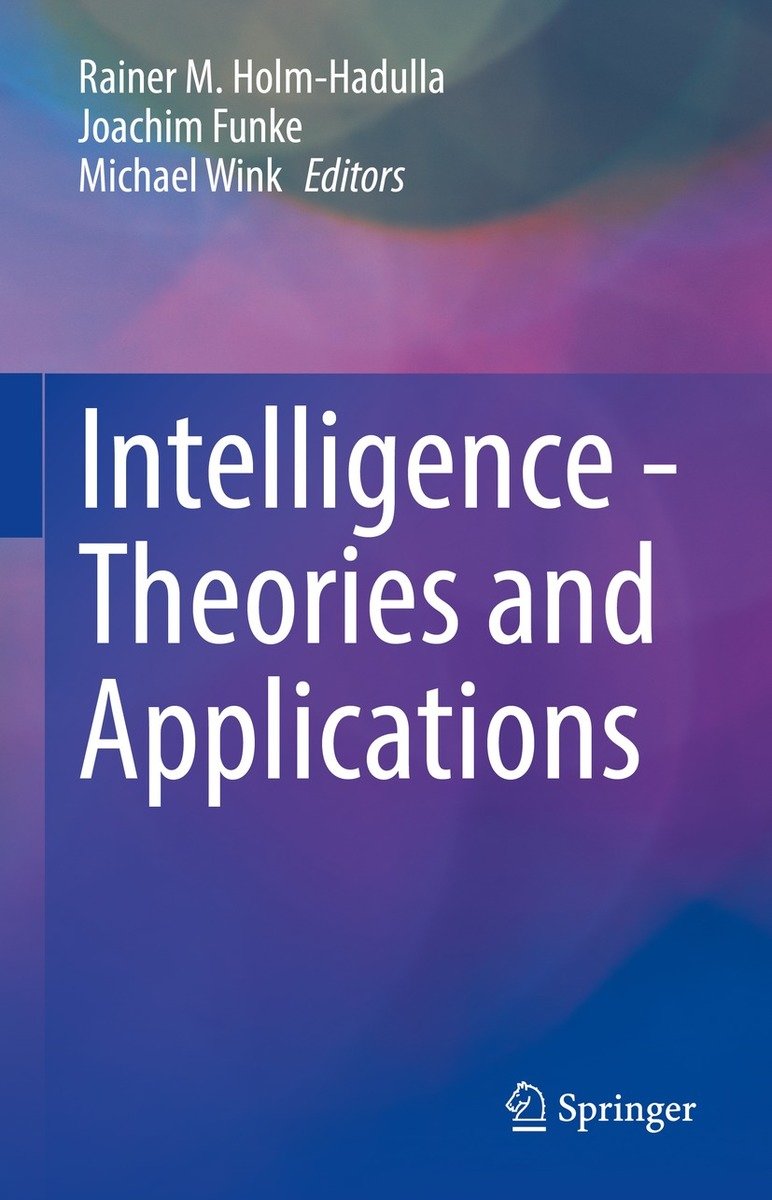Rainer M. Holm-Hadulla, MD is a professor of psychiatry, psychosomatic medicine, and psychotherapy at the University of Heidelberg and the Universidad de Chile, among others. He also works as a counsellor and training psychoanalyst (IPA). In his functions as a professor and as a clinician he was confronted with various forms of intelligence and creativity. He reflected his experiences under neuroscientific, psychological and cultural perspectives in several German books: Creativity - Concept and Life-Style, Creativity between Construction and Destruction, Passion - Goethe´s Path to Creativity (available also in English, Spanish, and Italian), Integrative Psychotherapy (also available in Italian and English with the title The Recovered Voice - Tales of Practical Psychotherapy ), The Art of Counselling and Psychotherapy (available in English and Spanish).
Prof. Dr. Michael Wink is a full time professor of pharmaceutical biology at the University of Heidelberg, where he has served as the head of the Biology Department at the Institute of Pharmacy and Molecular Biotechnology since 1989. He has been working as a senior professor at Heidelberg University since late 2019. After studying biology and chemistry at the University of Bonn, he conducted research in Braunschweig, Cologne, Munich and Mainz. His fields of work range from phytochemistry, medicinal and poisonous plants, ornithology and natural treasures to systematics, phylogeny and evolutionary research. He is extensively published, as an author/co-author of more than 20 books and over 1000 original papers. He is a visiting professor at universities in China, Thailand, Argentina, and Mexico, as well as a member of various scientific advisory boards, editor of several journals, and recipient of several awards.
Prof. Dr. H.C. Joachim Funke has been Professor of experimental and theoretical psychology at the Psychology Department of Heidelberg University since 1997. He received his doctorate from the University of Trier in 1984. In 1990 he worked on his habilitation at the University of Bonn. Funke has been a visiting professor at various universities, including Fribourg (Switzerland), Melbourne (Australia), Nanjing (China), and Szeged (Hungary). His primary research interests include thinking, creativity, and problem solving. Funke has published numerous articles in international journals, contributed chapters to textbooks, and edited and published his own books. From 2010 to 2014, he served as chair of the International Expert Commission on Problem Solving in the OECD's global PISA studies. He is credited with a shift in the understanding of problem solving that changes the perspective from static to dynamic problem-solving activities. In 2015, he was awarded an honorary doctorate by the Hungarian University of Szeged for his contributions to the computer-based assessment of problem-solving processes. From October 2011 to March 2019, Funke served as speaker of the university's Academic Senate. His retirement began in April 2019.


